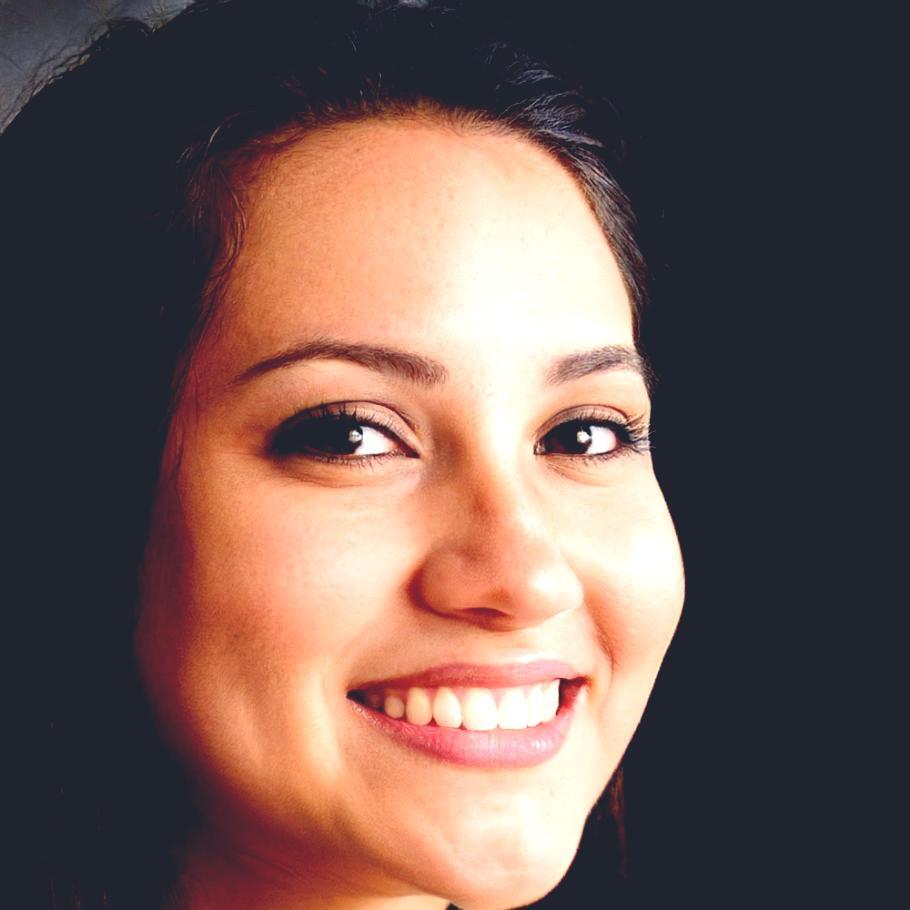Budget Prioritization Certificate Program
Learn how real people manage their money through decisions, not just spreadsheets. This eight-month program focuses on the psychological side of budgeting and helps you build systems that actually work for your life.
How the Program Works
We don't believe in overnight transformations. Financial confidence builds slowly through repeated practice and honest reflection. Our approach focuses on understanding your relationship with money before creating any budget.
Foundation Phase
First two months focus on money stories and patterns. You'll track spending without judgment and identify where your current system breaks down. Most participants discover their issues aren't about math.
Priority Mapping
Months three through five teach our values-based budgeting framework. You'll learn to distinguish between genuine priorities and cultural expectations. We work through common conflicts between immediate needs and future goals.
Implementation Practice
Final three months involve building your personal system and testing it against real situations. Weekly check-ins help adjust when life doesn't cooperate with your plan. You'll develop responses for common budget challenges.

Briony Kellett
Program Director
Briony spent twelve years as a financial counselor before developing this curriculum. She noticed clients didn't struggle with budget calculations—they struggled with the emotional weight of financial decisions. The program emerged from patterns she observed across hundreds of counseling sessions.
Finding Your Path
Different situations call for different approaches. These questions help clarify whether this program matches where you are right now.
Do you currently track your spending?
If yes: You're ready for the Priority Mapping phase, which builds on existing tracking habits. If no: Foundation Phase teaches simple tracking methods that take about five minutes daily. Both paths work—they just start from different points.
What breaks your budget most often?
Unexpected expenses mean you need buffer-building strategies. Emotional spending requires different tools focused on trigger awareness. Inconsistent income calls for our variable earning modules. We address all three, but knowing your primary challenge helps us personalize the curriculum.
Can you commit to weekly practice sessions?
The program requires about four hours weekly including coursework and reflection exercises. Most participants complete work during weekends or split it across evenings. If your schedule can't accommodate this consistently, consider waiting for a cohort that aligns better with your availability.
Are you dealing with active financial crisis?
If you're facing immediate debt collection or housing instability, direct counseling services through community organizations provide faster support. This program works best when you have breathing room to implement changes gradually. We can connect you with crisis resources if needed.

What Makes This Different
Most budget courses teach categorization and calculation. We assume you can already do that. Our focus sits on the decisions that happen before numbers enter any spreadsheet—the conversations you have with yourself about what matters.